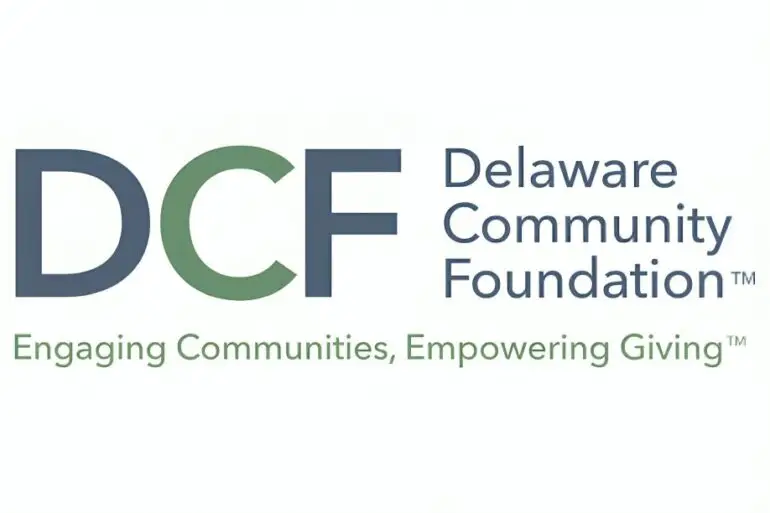-
 play_arrow
play_arrow
Radio Rehoboth
VIEWPOINT: Debunking Arguments Against House Bill 203: A Wealth of Resources for Educators


As a life-long Delawarean and long-time advocate of financial literacy, I’ve been disheartened to see opposition to House Bill 203. The primary concern? The purported financial impact of implementing a personal finance curriculum in our schools. But let’s take a closer look at the arguments.

Mark Olazagasti
Some think that requiring a new course will strain school budgets by necessitating the hiring or reassignment of teachers, the purchase of new curriculum materials, and the potential disruption to existing schedules. However, I’m here to debunk this notion and shed light on the wealth of resources available to Delaware educators at no cost.
Local resources such as the Center for Economic Education and Entrepreneurship (CEEE) at the University of Delaware offer comprehensive professional development programs like the “Keys to Financial Success” and “Fundamentals of Financial Literacy.” These programs provide teachers with the training and curriculum materials needed to effectively teach personal finance, all while offering stipends and ongoing support. Additionally, 24 of the 25 states who have passed similar legislation have done so without a fiscal note, indicating that the educational infrastructure is already in place to support financial literacy education without significant financial implications.
The stipends provided by the CEEE are designed to alleviate the financial burden on educators and incentivize their participation in professional development opportunities. For example, the “Keys to Financial Success” program offers a $250 stipend to Delaware teachers who complete the required training sessions. The CEEE also covers the cost of substitutes so teachers can attend in-person training sessions without impacting their regular duties, an annual conference, carpool services, meals, and more, free of charge.
Furthermore, national organizations like Next Gen Personal Finance (NGPF.org) provide additional support through certification courses, on-demand modules, and live virtual professional development sessions.
Teachers participating in NGPF’s programs may also be eligible for stipends, with $500 stipends awarded to those who complete 20 hours of professional development. The CEEE and NGPF programs have trained over 140 Delaware high school teachers to date.
A required course is essential to ensure equitable access to financial education for all students. Without a requirement, the teaching of personal finance as a standalone high school course results in an implementation based on zip code, with the less fortunate being left without. Furthermore, the Tyton Partners 2024 Investing in Tomorrow study estimates the per student total lifetime benefit of financial education in Delaware public high schools to be $116,000. This underscores the significant long-term value of investing in financial literacy education for our students.
Lastly, scheduling hardships and lack of flexibility are systemic issues unrelated to the benefits of teaching personal finance to high school students. It’s time to prioritize what is best for our students and their long-term financial well-being.
So, how can Delaware high school educators prepare to teach a semester course in Personal Finance at no financial cost? The answer lies in leveraging these invaluable resources and empowering educators.
Join us in advocating for House Bill 203 and ensuring that every Delaware student has access to essential financial education. Visit www.HouseBill203.org today to contact your legislators, sign the petition, and learn more about this important legislation and why it matters.
Mark Olazagasti is the Founder & CEO of YourMoney101.org and retired managing partner at Info Solutions.
Go to Source:https://delawarebusinesstimes.com/news/vwpt-house-bill-203/
Author: Guest Writer
Written by: RSS
Similar posts
-

Daybreak Morning Show
Hosted by Jeff Balk
Join Jeff Balk for all the news and information you need to know to start your day and enjoy your stay in Rehoboth Beach, Dewey Beach and the Lewes areas with special featured guests from our non-profits, businesses and art communities.
close Chart
Top popular

News Briefs 10/17/23
Board of Commissioners Workshop & Special Meeting – November 6

Six Sussex road projects considered in latest CTP
NFL Week 17 highlights: Packers, 49ers, Saints, Steelers win, Cardinals stun Eagles
Knicks vs. Cavaliers prediction, odds, line, spread, time: 2023 NBA picks, Nov. 1 best bets from proven model
Copyright 2023 East Sussex Public Broadcasting, Inc.




